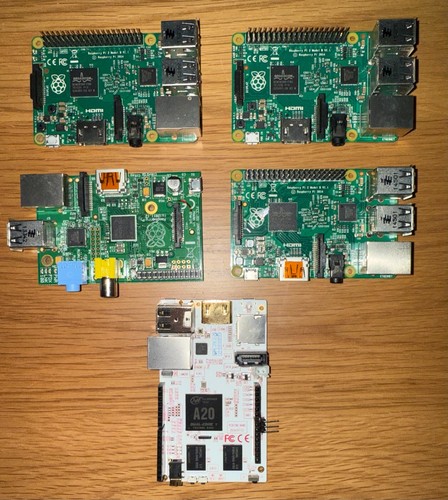Scouring eBay late at night rarely leads to good decisions, but sometimes you hit gold. I managed to snag a rare “486-JA” i486DX motherboard with 8MB RAM, shipped all the way from Ukraine. These boards have become almost impossible to find outside the usual recycled junk, and, apparently, the last surviving examples now come with warzone shipping rates attached (joke).



